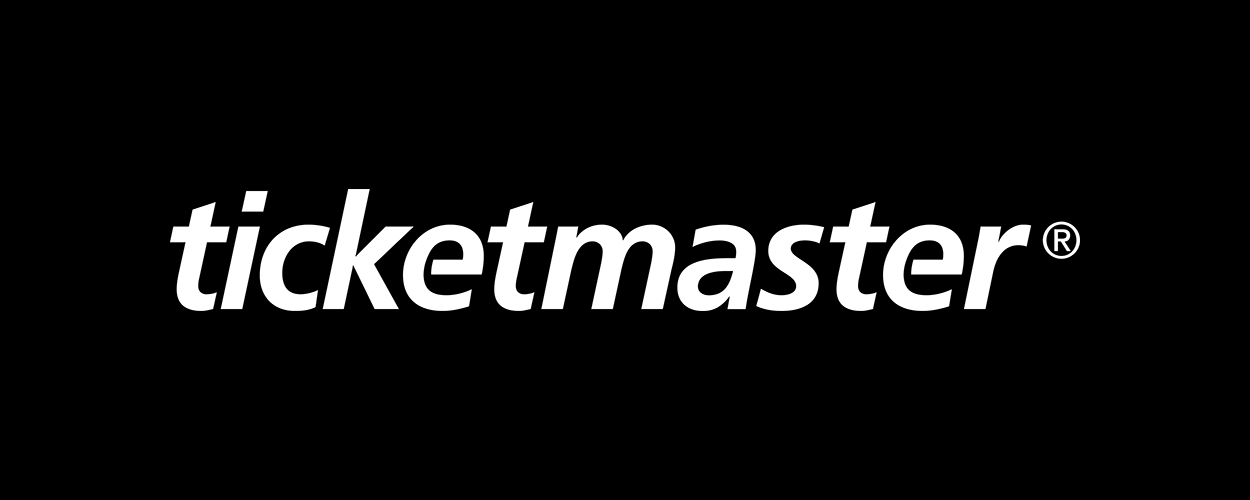This website uses cookies so that we can provide you with the best user experience possible. Cookie information is stored in your browser and performs functions such as recognising you when you return to our website and helping our team to understand which sections of the website you find most interesting and useful.
Business News Legal Live Business
Ticketmaster successfully forces another COVID refunds dispute to arbitration
By Chris Cooke | Published on Monday 15 March 2021

Live Nation’s Ticketmaster in the US has again successfully forced a dispute over its COVID refund polices to arbitration.
American Ticketmaster customer John Tezak went legal last year as the COVID shutdown began and ticketing firms started to deal with the unprecedented number of postponed and cancelled shows.
He argued that the ticketing giant was classifying cancelled shows as postponed in order to avoid offering automatic refunds. This, he alleged, was Ticketmaster, having failed to properly prepare for something like the COVID pandemic, sitting on its customers’ money that should have been refunded to provide free cash flow.
As with previous lawsuits over its COVID refund policies, Ticketmaster argued that the case should go to arbitration. That was on the basis that the terms and conditions Tezak signed up to when buying tickets for a postponed (possibly cancelled) Blake Shelton show in Illinois last year clearly stated that any disputes should go to arbitration, rather than being fought out in a court of law.
In a previous case, one ticket-buyer unsuccessfully argued that that arbitration obligation was buried deep within Ticketmaster’s terms and conditions and that he hadn’t really agreed to be bound by it. But in his case, Tezak argued that the Ticketmaster terms relating to arbitration were ambiguous, in particular because of a mention of the Illinois Ticket Sale And Resale Act.
However, the court hearing the case has ruled that the reference to that legislation only applies to touted tickets bought via Ticketmaster’s secondary ticketing sites, not official tickets bought via its primary ticketing service. Therefore there were no ambiguities regarding Tezak’s obligation to take his dispute with the Live Nation company to arbitration.
The court ruled last week: “Tezak and defendants chose to delegate questions of arbitrability to the arbitrator. Tezak’s arguments based on Illinois’ resale statute and the similar terms of use language that contain Illinois-specific terms do not change this analysis or create an ambiguity because these provisions are not relevant under the circumstances”.





